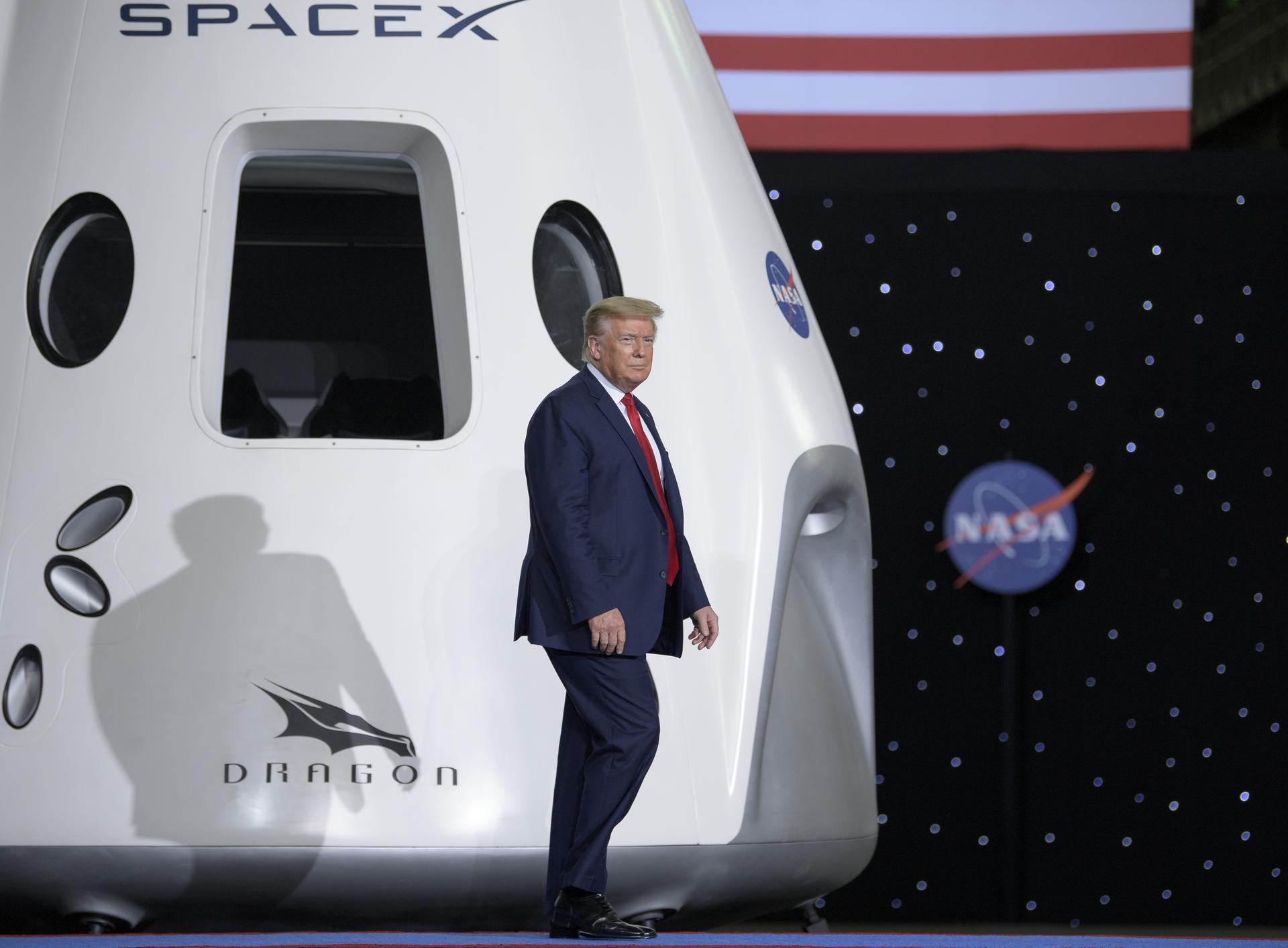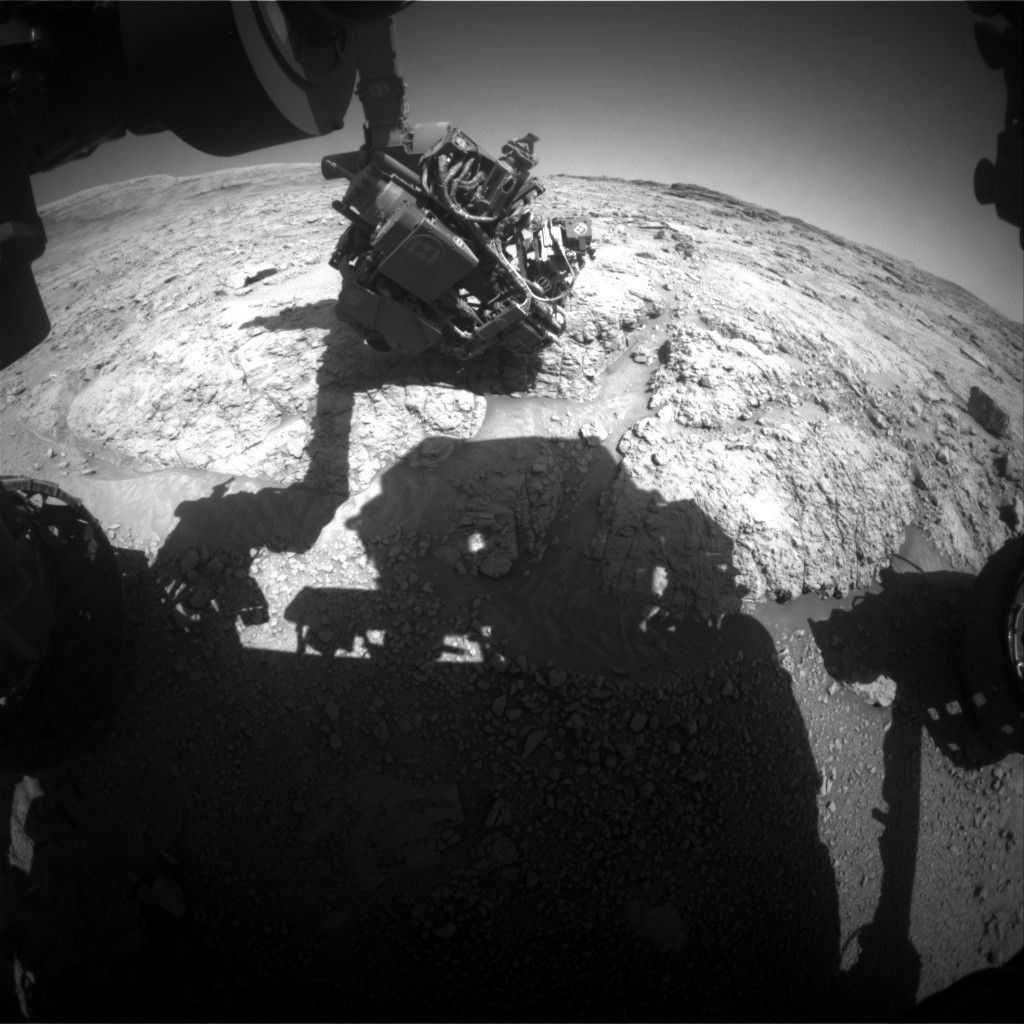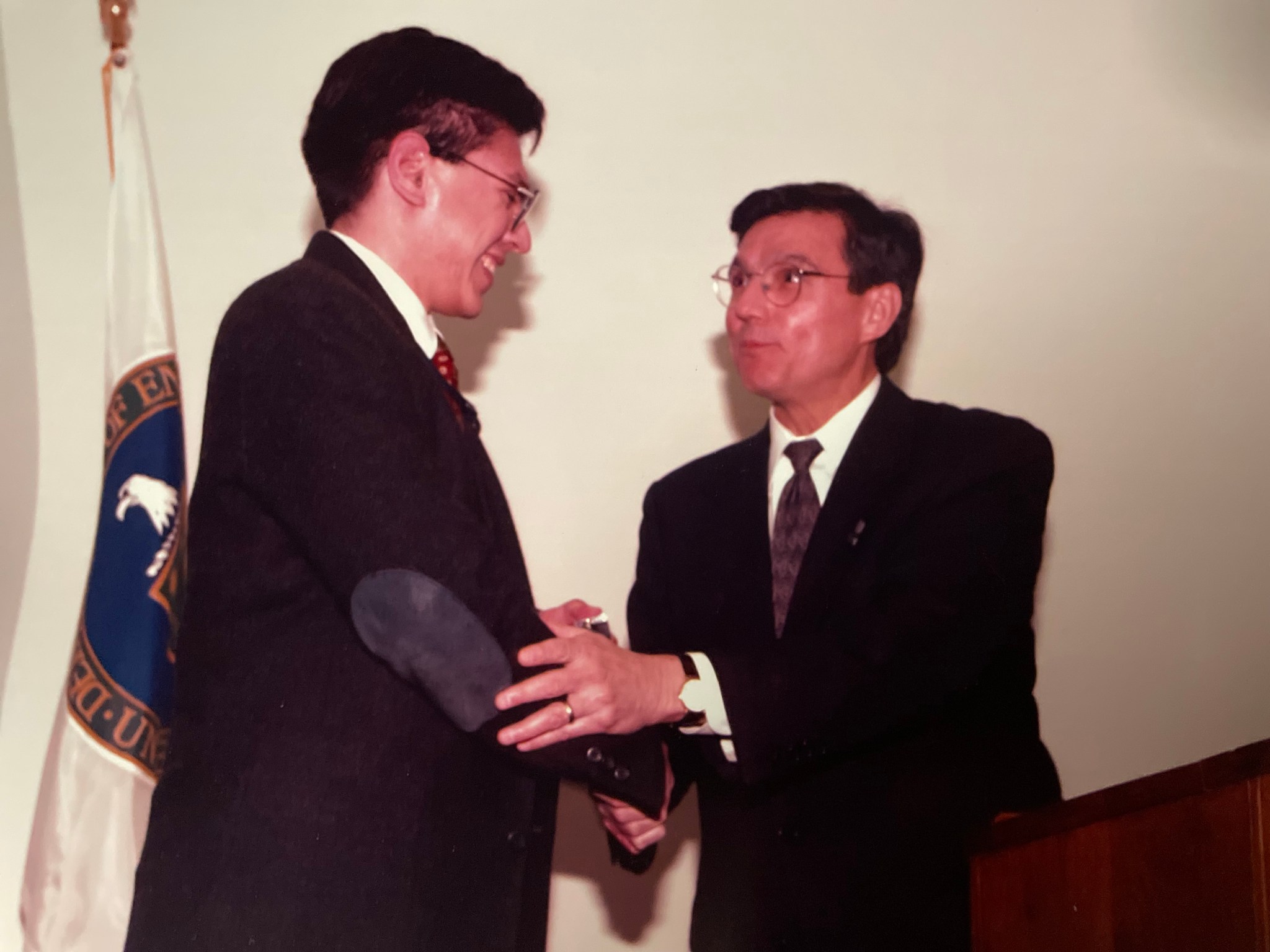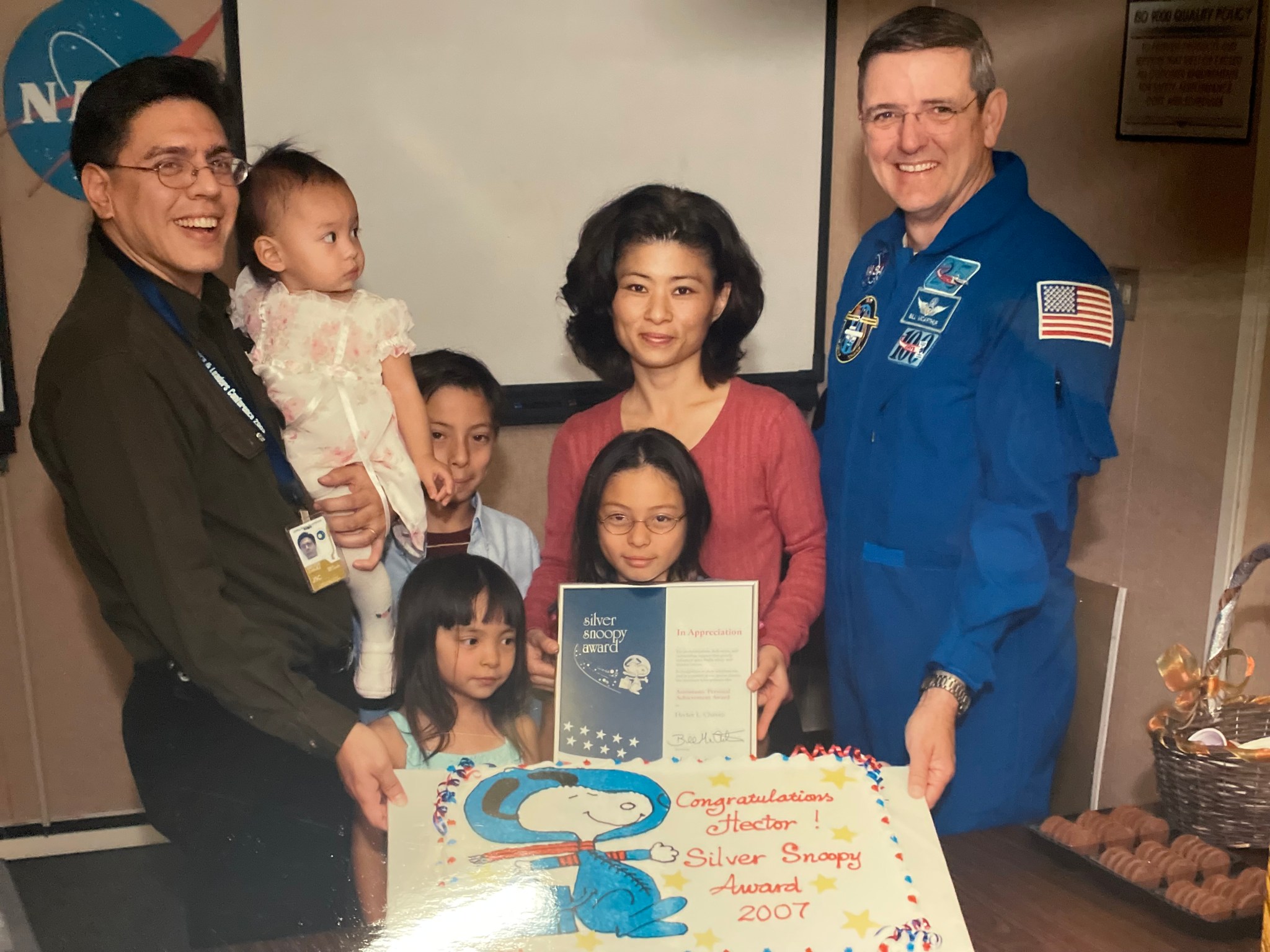Meet Hector Chavez: Leading Johnson’s Giant Leap into Low Earth Orbit
As systems integration team lead for NASA’s Commercial Low Earth Orbit Development Program (CLDP), Hector Chavez helps build a future where NASA and private industry work together to push the boundaries of space exploration. With the rise of commercial providers in the space sector, Chavez’s team works to ensure that these companies can develop end-to-end […]
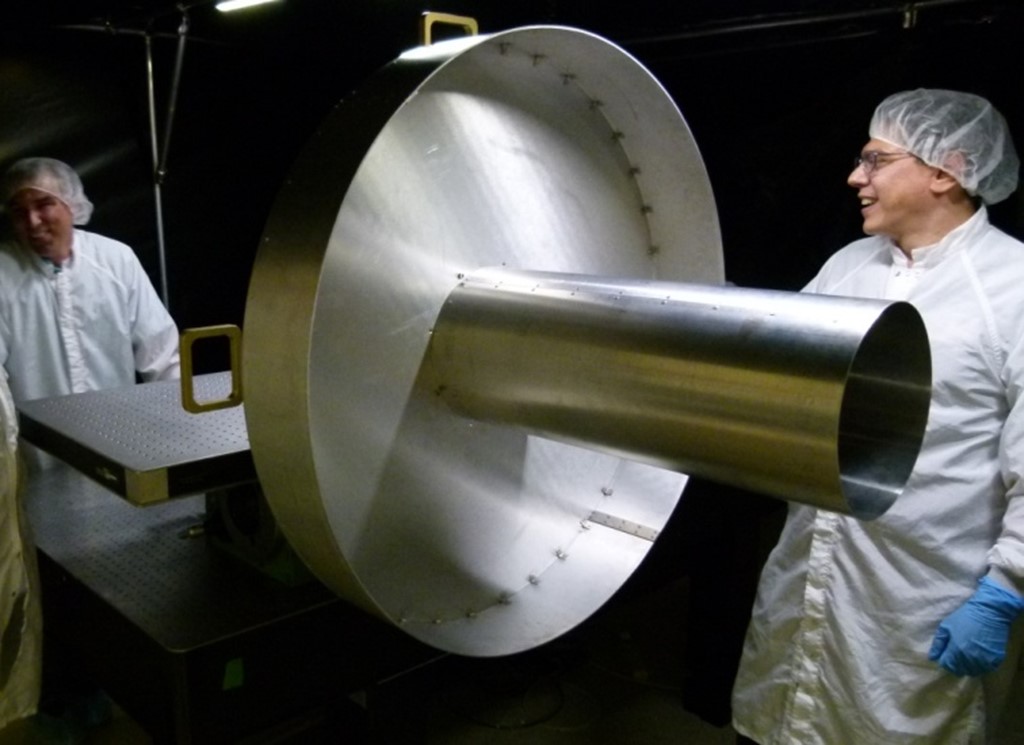
As systems integration team lead for NASA’s Commercial Low Earth Orbit Development Program (CLDP), Hector Chavez helps build a future where NASA and private industry work together to push the boundaries of space exploration.
With the rise of commercial providers in the space sector, Chavez’s team works to ensure that these companies can develop end-to-end systems to support NASA’s low Earth orbit operations—from transporting crew and cargo to operating mission centers. His team’s role is to assess how commercial providers are using their systems engineering processes to achieve program goals and objectives.
With a background that spans both the National Nuclear Security Administration and NASA, Chavez brings knowledge and insight into working with interdisciplinary teams to create complex, reliable systems. He has collaborated across organizations, contracts, and government to ensure design and operational improvements were carried out safely and reliably.
“Systems integration brings different systems together to deliver capabilities that can’t be achieved alone,” said Chavez.
His previous role in NASA’s Safety and Mission Assurance office deepened his expertise in mitigating technical risks in human spaceflight by integrating engineering, health, and safety considerations into the development of space exploration vehicles.

Now with CLDP, Chavez helps these companies navigate NASA’s design processes without stifling innovation. “Our challenge is to communicate what we’ve identified during technical reviews without prohibiting commercial partners from developing innovative solutions,” he said.
One recent success was the team’s development of two technical standards for docking systems and payload interfaces that will help ensure these systems’ compatibility with existing technologies. This work is essential in allowing commercial low Earth orbit systems to seamlessly integrate with NASA’s heritage designs, a key step toward realizing the agency’s vision for sustained commercial operations in space.
When asked about the biggest opportunities and challenges in his role, Chavez emphasizes the importance of early collaboration. By engaging with commercial partners at the early stages of the system development life cycle, NASA can provide feedback that shapes the future of commercial low Earth orbit architecture.
“We identify technical issues and lessons learned without dictating design solutions, allowing for innovation while ensuring safety and reliability,” explained Chavez.
Chavez’s approach to leadership and teamwork is rooted in his values of perseverance, integrity, and encouragement. These principles have helped guide the development of CLDP’s mission and vision statements, creating an environment that promotes collaboration and creativity.
He is passionate about building a team culture where people feel empowered to take responsible risks and explore solutions.
As NASA prepares for Artemis missions and the next generation of space explorers, Chavez offers advice to the Artemis Generation: “Never do it alone. Build a community and find common ground to share a vision.”
What's Your Reaction?



















.jpg?#)













